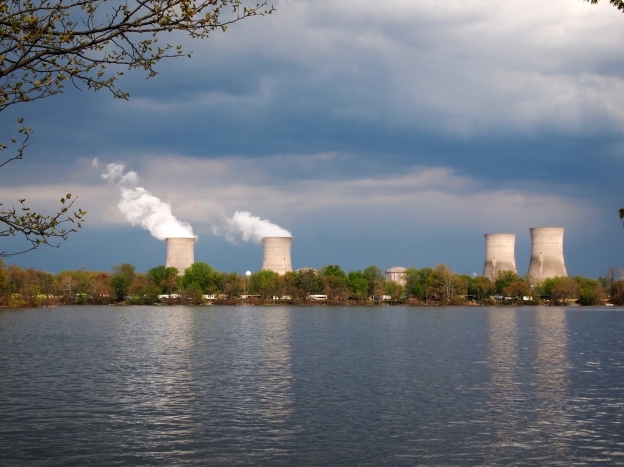The U.S. Department of Energy (DOE) announced on Aug. 15, 2019 the launch of the National Reactor Innovation Center (NRIC). The new initiative will assist with the development of advanced nuclear energy technologies by harnessing the world-class capabilities of the DOE national laboratory system. Authorized by the Nuclear Energy Innovation Capabilities Act, NRIC will provide private sector technology developers the necessary support to test and demonstrate their reactor concepts and assess their performance. This will help accelerate the licensing and commercialization of these new nuclear energy systems.
“NRIC will enable the demonstration and deployment of advanced reactors that will define the future of nuclear energy,” said U.S. Energy Secretary Rick Perry. “By bringing industry together with our national labs and university partners, we can enhance our energy independence and position the U.S. as a global leader in advanced nuclear innovation.” NRIC will be led by Idaho National Laboratory and builds upon the successes of DOE’s Gateway for Accelerated Innovation in Nuclear (GAIN) initiative…
The Nuclear Energy Innovation Capabilities Act was signed into law in 2018 by President Donald J. Trump and eliminates some of the financial and technological barriers standing in the way of nuclear innovation. It directs DOE to facilitate the siting of advanced reactor research demonstration facilities through partnerships between DOE and private industry. The House Energy and Water Development committee has allocated $5 million in the FY2020 budget for NRIC, which plans to demonstrate small modular reactor and micro-reactor concepts within the next five years.
Excerpts from DOE, Energy Department Launches New Demonstration Center for Advanced Nuclear Technologies, Press Release, Aug. 15, 2019

